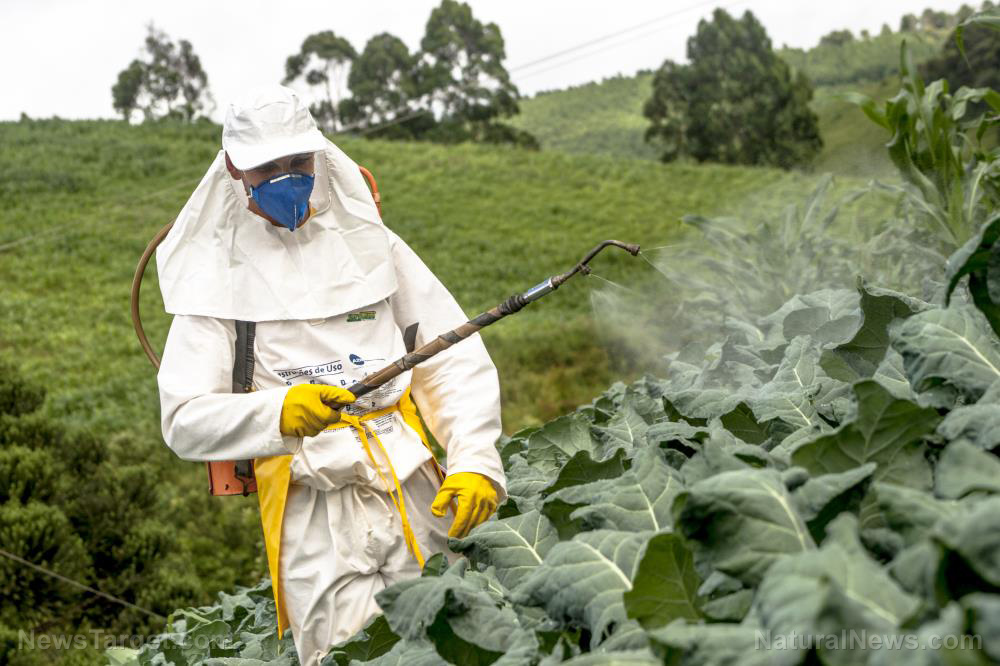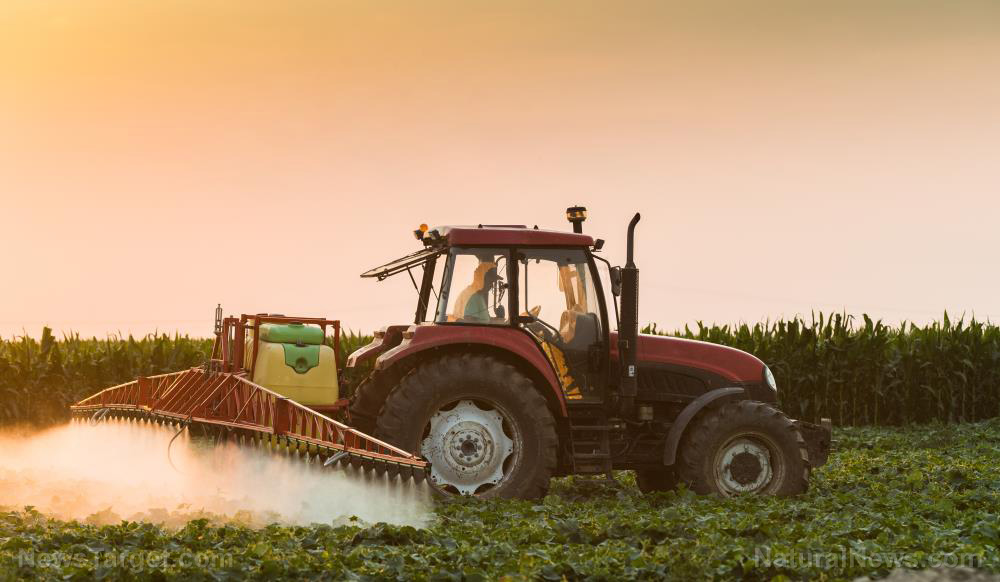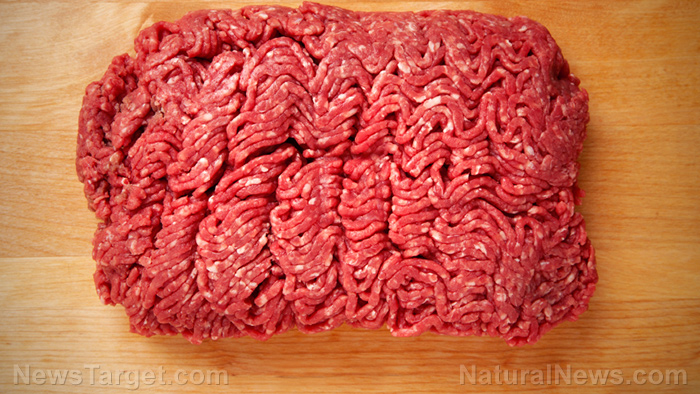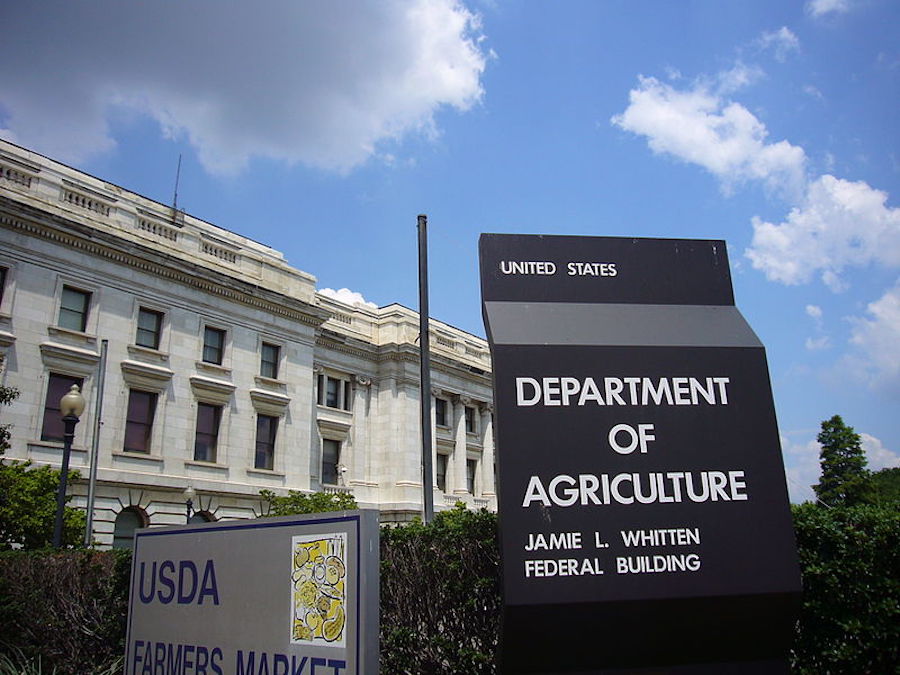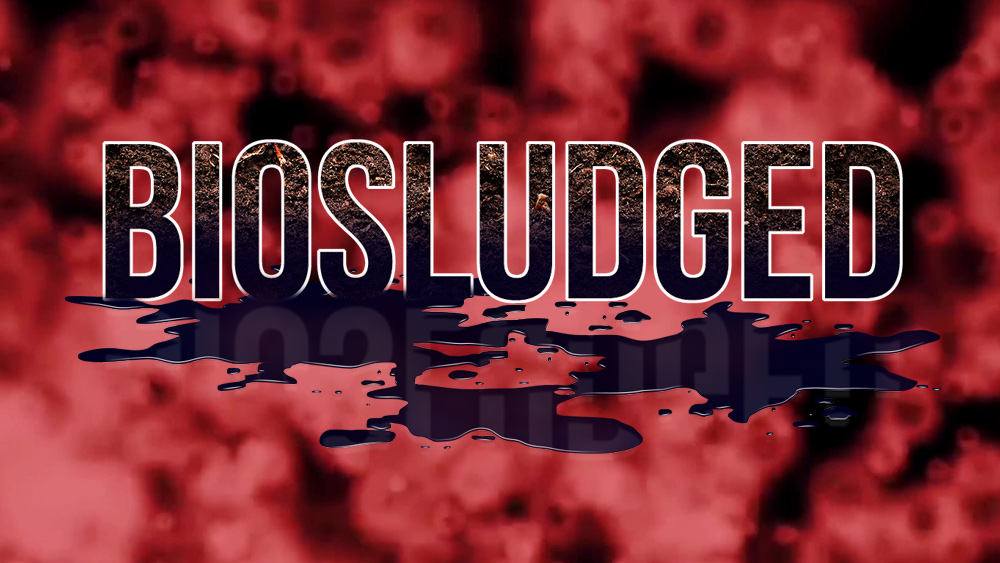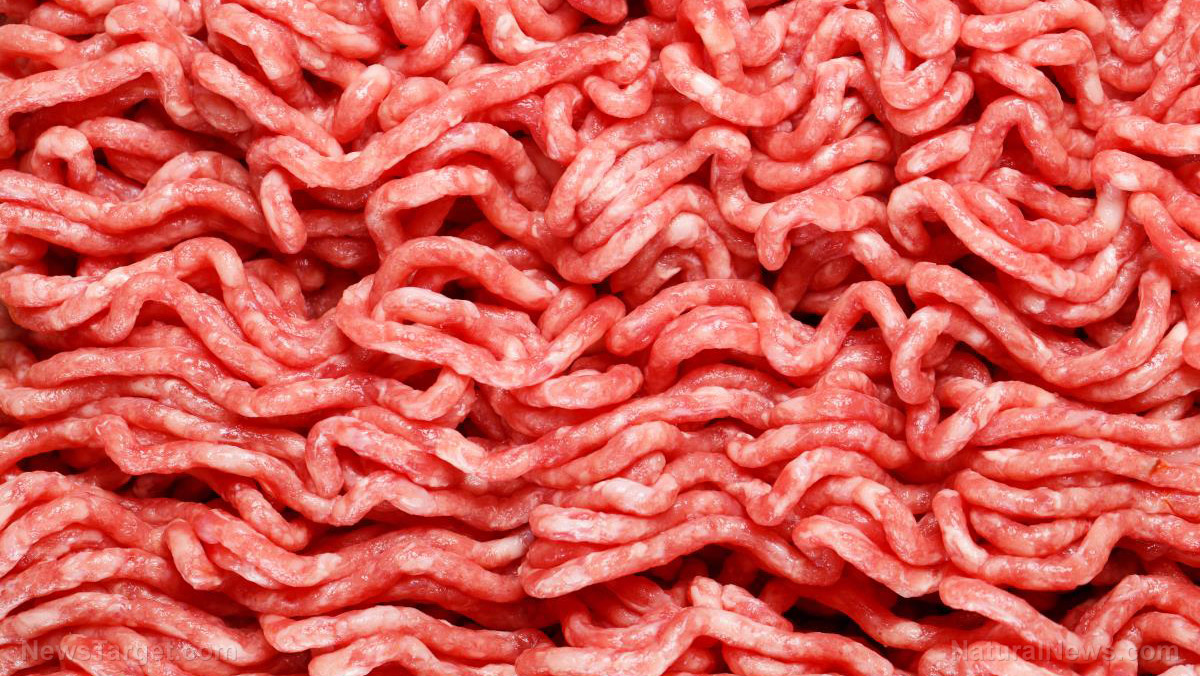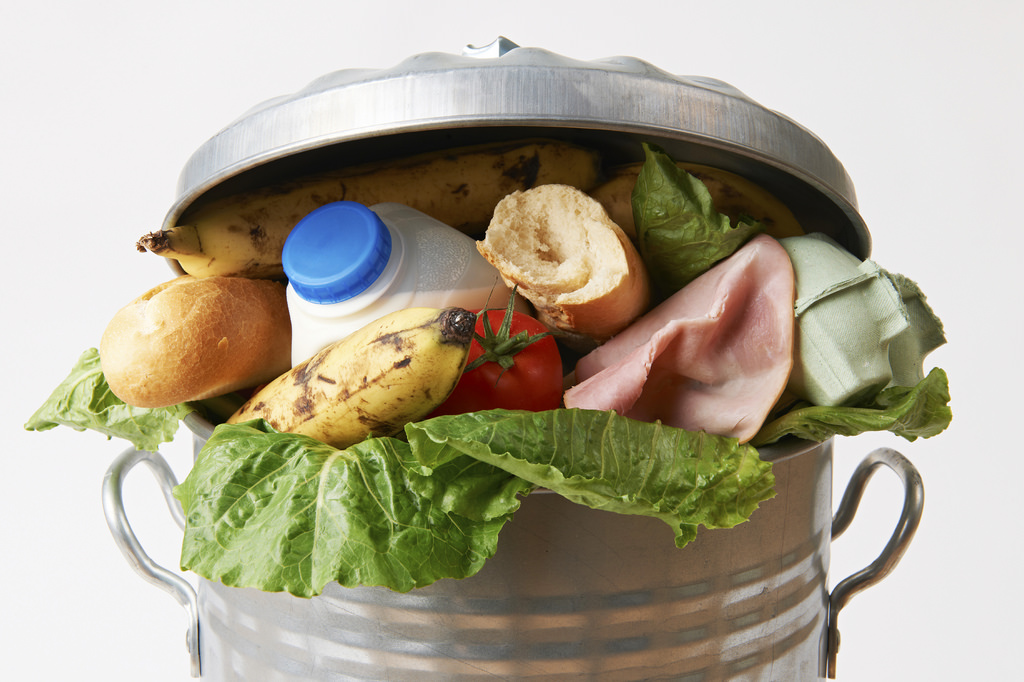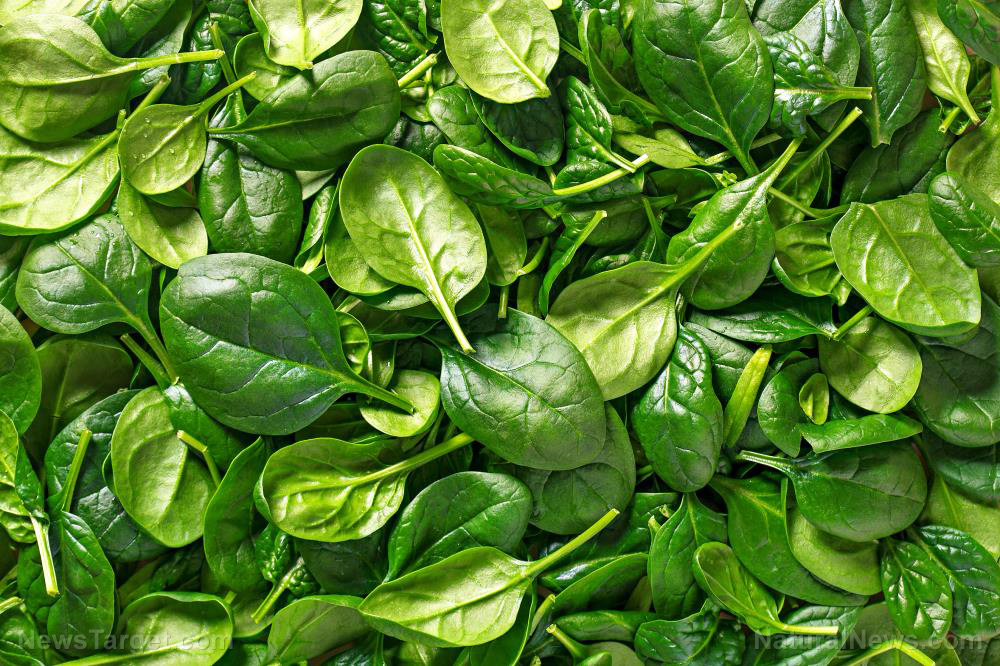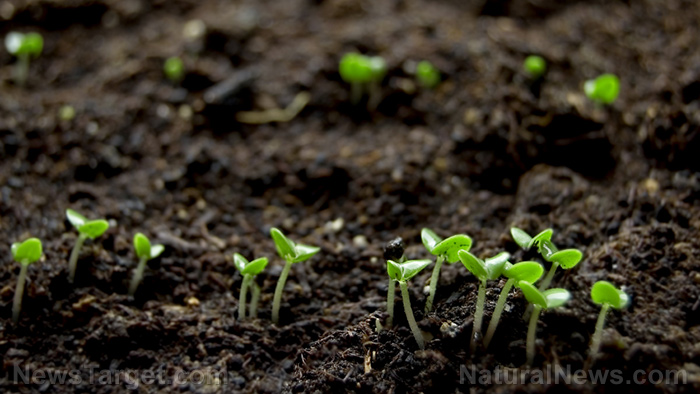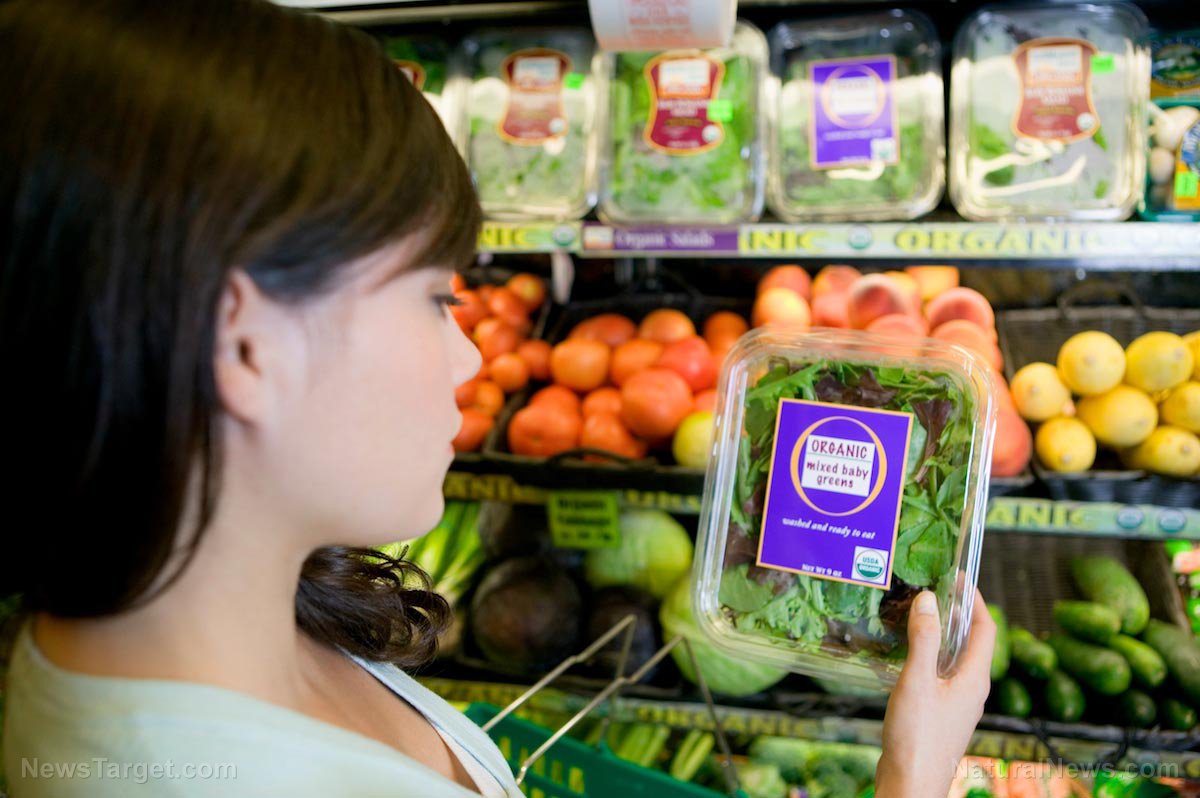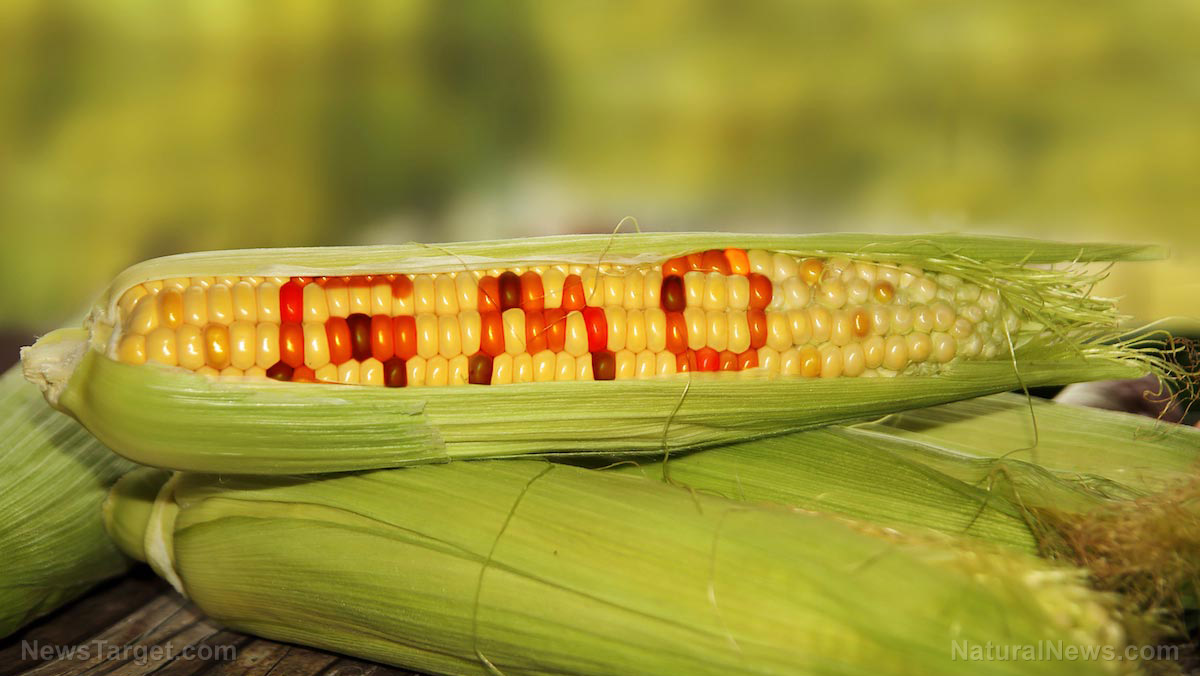Not so natural: Natural Prairie accused of animal cruelty and illegally filling federally regulated ditches and farmed wetlands
08/26/2020 / By Zoey Sky
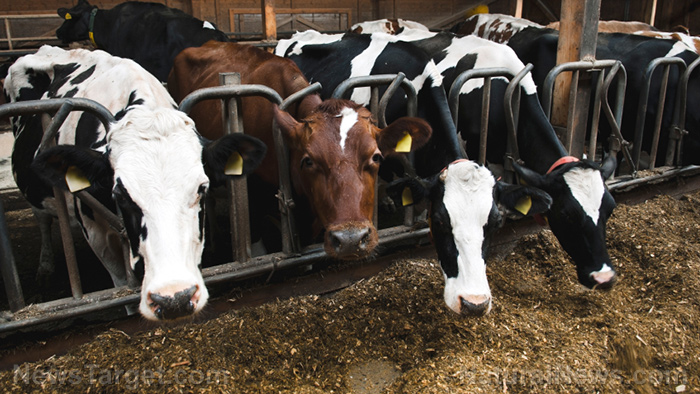
Purchasing organic foods means you’re supporting more environmentally and animal-friendly means of manufacturing food products. But not all companies are forthcoming about their practices.
One such company, Natural Prairie, one of the largest producers of certified “organic” milk in America, has been accused of mistreating and neglecting their animals. The concentrated animal feeding operations (CAFO) operator has also been allegedly violating federal law by filling in ditches and wetlands.
Adding more fuel to the fire are reports that Natural Prairie has been greenwashing its operations for government approvals.
Allegations of animal abuse
OrganicEye will be filing a formal legal complaint against Natural Prairie to address what the organic industry watchdog claims is “the industrialization of the organic farming movement.”
OrganicEye, the investigative arm of Beyond Pesticides, acts as corporate and governmental watchdogs. The group aims to educate the public and prevent the exploitation of the guidelines that the organic movement was founded upon.
OrganicEye also functions as a public interest group that oversees the conduct of the Environmental Protection Agency (EPA). The group also campaigns for the elimination of toxic ingredients in food production, homes, schools and communities.
OrganicEye reports that Natural Prairie, which has operations in Texas and a new facility under construction in Indiana, breached federal organic regulations.
Undercover video footage shot by the advocacy group Animal Recovery Mission (ARM) in 2019 shows how Natural Prairie, which is said to be managing 25,000 head of cattle near Dalhart, Texas, is involved in the extreme “mistreatment and neglect” of animals.
In the ARM footage, viewers can see “overcrowded, feces-ridden indoor housing” where Natural Prairie cows spend 95 percent of their lives.
The video also shows cows chased by workers as they give birth. Within seconds, calves are separated from their mothers. Female calves are shown in cages, where they are isolated for at least three months.
Minutes after giving birth, cows are shown being “flamed.”
“Udder flaming” is a common dairy industry practice wherein farmers pass a large flame beneath helpless dairy cows to burn off hair from their udders. Farmers claim that the practice prevents bacterial growth and mastitis, an infection common in nursing mammals.
The horrific ARM footage convinced the United States Department of Agriculture (USDA) to investigate.
Mark A. Kastel, Director of OrganicEye, notes that protecting Natural Prairie despite the company’s shortcomings hints at a conspiracy between an influential lobby group, the Organic Trade Association, and the USDA that aims to corrupt organic agriculture, something “truly sustainable and regenerative,” into something that adapts to “high-production confinement livestock management” that is practiced in conventional operations.
Kastel added that OrganicEye is filing a formal legal complaint in a bid to convince the USDA to reopen their investigation into “animal welfare abuse at Natural Prairie and past allegations of cheating on the important grazing requirement for cattle.”
Cover-ups and inexperienced investigators
Aside from the 2019 ARM footage, OrganicEye also obtained documents through the Freedom of Information Act (FOIA), which suggests that no qualified investigators with a background in organic livestock management looked into the violations documented in the ARM video.
In lieu of qualified investigators, the National Organic Program (NOP) employed staff from USDA’s Livestock and Poultry Program who “almost exclusively work with conventional farmers and ranchers.”
The FOIA documents show that the NOP used audits from Natural Prairie’s organic certifiers at the Texas Department of Agriculture that was authorized by the USDA for systemic malfeasance, along with two dairy industry groups that allegedly greenwash conventional factory dairy, Validus and the National Milk Producers Federation. Both groups are compensated by Natural Prairie and other CAFO operators.
Kathie Arnold, Policy Chair of the Northeast Organic Dairy Producers Alliance, which represents hundreds of family farms, has expressed her disappointment in the matter. Arnold commented that it is outrageous for the NOP to hire subcontractors instead of experts in organic animal husbandry and organic certification compliance, particularly when looking into serious allegations that require interviews with initial witnesses.
Arnold asserts that the help of experts in organic livestock production and regulations is necessary to determine any “violations of organic standards.”
But Kastel notes that this scandal is nothing new since the USDA has been involved in other questionable operations. OrganicEye posited that federal investigators rarely interview witnesses or closely examine initial evidence.
Instead, federal investigators let less-than-qualified staff observe themselves and only after suspected violators have already been tipped off and have had time to cover up violations. Kastel expressed his concern for the victims of these deceitful practices: The ethical, hard-working organic farm families who observe the law and consumers who support organic products.
Severe environmental degradation and greenwashing
The CAFO operator is also facing several lawsuits filed by Indiana’s Hoosier Environmental Council. The organization is accusing Natural Prairie of “illegally filling in ditches and wetlands” during the construction of a 4,350-cow facility in the Kankakee River basin, one of Indiana’s most fragile ecosystems.
Natural Prairie is also expanding and constructing an additional industrial-scale facility in Newton County, Indiana.
Kim Ferraro, staff attorney for the Hoosier Environmental Council, said that Natural Prairie has “greenwashed its operation in order to get government approvals.” She added that the CAFO operator’s applications to the Indiana Department of Environmental Management (IDEM) were misleading.
The company presented a different story about its planned operation compared to the version it told local zoning officials, the media and the public about its intentions. Initially, Natural Prairie’s local application and press release stated that the dairy would be certified organic and use a “revolutionary green technology” that can turn cow waste into clean water, all without needing an environmentally risky manure lagoon.
But in Natural Prairie’s initial application to state regulators, the company didn’t say anything about being certified organic or dispersing manure through grazing. In the end, the operation approved by IDEM was an ordinary industrial CAFO with a large, nine-acre waste lagoon. (Related: Deconstructing the 3 biggest LIES that attack organic farming.)
Ferraro added that there is “overwhelming evidence” showing how Natural Prairie filled federally regulated ditches and farmed wetlands, a clear violation of the federal Clean Water Act.
Natural Prairie’s questionable actions are particularly alarming since the group is building its polluting factory farm in one of Indiana’s “most ecologically sensitive and historically significant areas.” The group also started construction without obtaining the required permit from the Army Corps of Engineers.
Kastel explained that environmental protection is crucial to acquiring organic certification. Natural Prairie’s Indiana operations are certified by Oregon Tilth Certified Organic (OTCO).
OTCO is a prominent member of the industry’s lobby group, the Organic Trade Association. It is also the certifier of other factory dairies.
OrganicEye has also filed a formal legal complaint against OTCO because it approved an operation that clearly disregarded the environmental prescriptions in federal organic law.
Kastel explained that consumers who buy organic food willingly pay more because they believe that they are “supporting more humane animal husbandry standards and exemplary environmental stewardship as required by law.” While organic products cost more, part of the extra cost helps support family-scale farmers with eco-friendly practices.
The National Organic Program has been corrupted during both Democratic and Republican administrations and OrganicEye is working to eliminate the institutional rot at the agency, said Kastel. He concluded that the best way to do this is for Congress to take action and “protect the American people’s food supply.”
Sources include:
Tagged Under: abuse, agriculture, Animal abuse, animal cruelty, animal welfare abuse, corporate agribusiness, deception, food production, food supply, greenwashing, harvest, lies, Natural Prairie, organic farming, organic lies, Organic Trade Association, organics, propaganda, real investigations, sustainability, sustainable, truth, truth about organic, USDA
RECENT NEWS & ARTICLES
USDAWatch.com is a fact-based public education website published by USDA Watch Features, LLC.
All content copyright © 2018 by USDA Watch Features, LLC.


